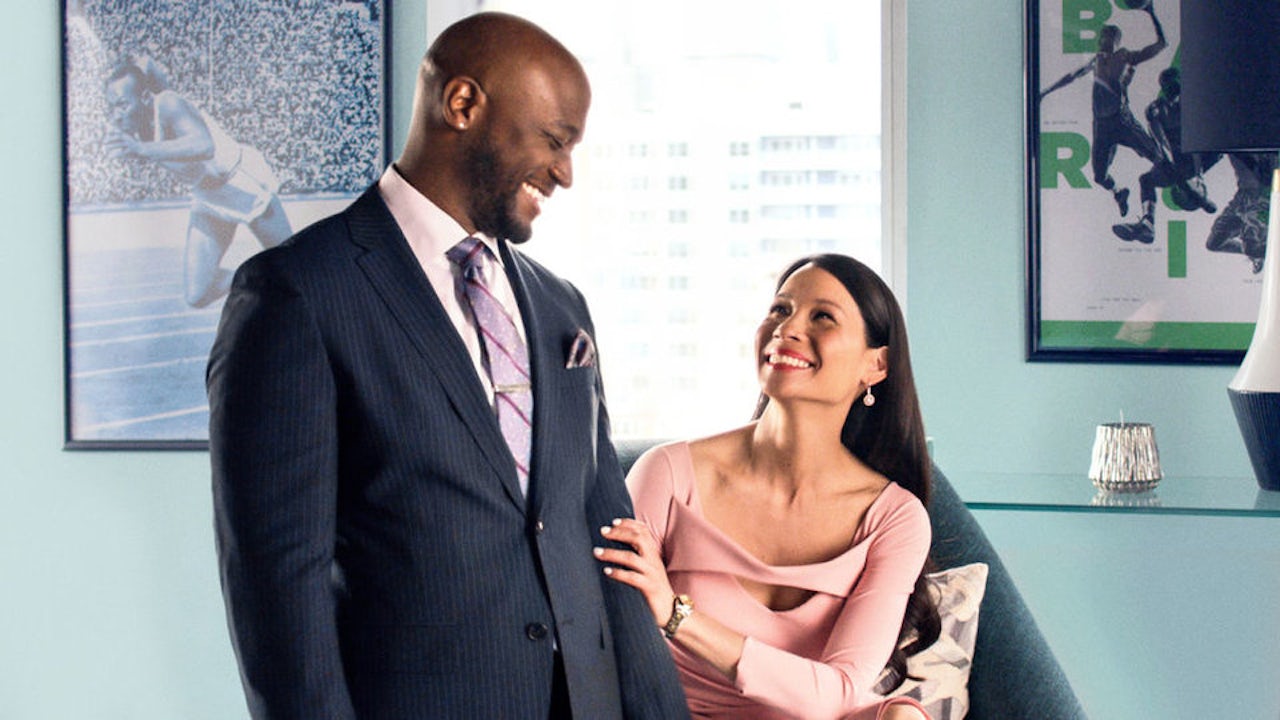As a cultural phenomenon, romantic comedies have seemingly peaked; nothing released in recent memory matches exemplars of the form such as When Harry Met Sally, 10 Things I Hate About You, or Pretty Woman. So I will admit that I had very, very low expectations for Set It Up, Netflix’s new rom-com original about two overworked assistants and their insane bosses in New York City. The trailer seemed cringe-worthy: enthusiastic use of the word “boning;” bland rooftop partying; corny, cheaply written one-liners. But yet, as the film’s romantic duo says at the end of their journey, I learned to love it in spite of all those things.
Set It Up centers around Harper and Charlie, a pair of abused assistants who scheme to make their nightmarish bosses fall in love, following the logic that getting them laid will make them far more pleasant. Using all the personal insight they’ve gathered during their time at work, they arrange for their bosses to meet by “accident,” hoping that sparks will fly with a nudge in the right direction. Inevitably, their bosses take the bait, and start dating. But their two assistants must keep the relationship going behind the curtains, or their newfound relief from their torturous jobs will disappear.
Zoey Deutch plays Harper, a nerdy and overzealous assistant who aspires to be a sports journalist. Her chipper attitude is akin to the demeanor of a Disney star; I later realized she played one of Dylan Sprouse’s girlfriends on Suite Life On Deck, way back when. Her boss is Kirsten Stevens (Lucy Liu), the uptight workaholic editor-in-chief of a sports website she desperately wants to write for. Meanwhile, Charlie (Glen Powell) is closer to a generic white male lead. The only interesting thing about his character is his apathetic model girlfriend, though it’s a stretch that she’d stick around with this hapless entry level employee. (She’s played by Joan Smalls, a notable Victoria’s Secret model.) Charlie is the assistant to Rick Otis (Taye Diggs), a venture capitalist with anger issues and tumultuous feelings towards his ex-wife.
The film is the first of a larger rollout of releases this summer, all Netflix-made rom-coms that hope to fill the gap in the canon. With five films coming soon, and several recent releases such as The Kissing Booth and Ibiza, according to a press release, it seems that the company just wants to see what sticks the landing. As such, you can sense some subtle deviation from the expected rom-com tropes, for the sake of creativity.
For example, there is an angry black man (Taye Diggs’ rendition of Rick) and the gay best friend (portrayed by Pete Davidson of SNL and Ariana Grande’s heart). Still, it’s unusual to see a lead black character with such wealth and importance in a rom-com that isn’t explicitly aimed at a black audience. Rick, even in his ill-tempered manner, is shown as having complex emotional issues that hinder his romantic arc, and make him real. Davidson’s character, Duncan, has no stereotypical feminine attitude or interests. Kirsten and Rick are a black man and an Asian woman coupled together in a movie, a rare sight. Even Harper’s best friend Becca, a sexually promiscuous blonde woman, is shown with emotional depth and intelligence. The movie takes place in New York, and doesn’t try to pretend that the city is only made up of straight white people.
Soon enough, Harper and Charlie make a mutual discovery that surpasses the movie’s cutesy premise: They were in the wrong place professionally, because of their own doing. It’s a lesson that’s hard to learn. Many people stumble through their careers and aspirations aimlessly, either trying to do too little, or trying to do too much. Both characters are adamant at first that their professional suffering is the fault of their bosses: Kirsten for demanding so much of Harper that she has no time to write an article of her own, and Rick for spending so much time stressing that he fails to notice Charlie’s desperate want for a promotion. We have all seen horrible, no-good people in charge before �� how they drain energy from those they have power over, how they make life hell for those below them. But at what point are employees, especially millennials, complicit in their own discomfort?
As the story progresses, Harper realizes she has become so comfortable being Kirsten’s bitch that she created a mental block that hindered her motivation to attempt a first draft at all. And Charlie faces the truth of his job situation, admitting to himself that he only entered the field as a naive money grab. Waiting for his big financial break at age 28 was useless, and making him unhappy. Believing that he has to abandon his morals to succeed under Rick’s company, Charlie later questions the man he has become for the sake of possible recognition from his boss.
It is hard to admit you have wasted so much time, with no return on the investment. For Charlie and Harper, real free time didn’t exist for them outside of their work lives. They waited to reap the rewards by working themselves within an inch of mental breakdown. Both were so blinded by their dedication to work for an obscure payoff that they failed to see themselves as people who mattered.
Even Kirsten, in all her success, suffers the same problem. The most romantic thing Rick says to her in the entire movie is simply three words: not “I love you,” but “I see you.” Is that worth the late nights at the office, the cutthroat management style? Harper and Charlie are a prelude to the people Rick and Kirsten became: They succumb to every ridiculous part of the working world, all over for the sake of some invisible and small future that they aren’t even sure they want. That’s maybe not the note a traditional rom-com should end on, but it’s surely reflective of a different kind of moment in the genre.

